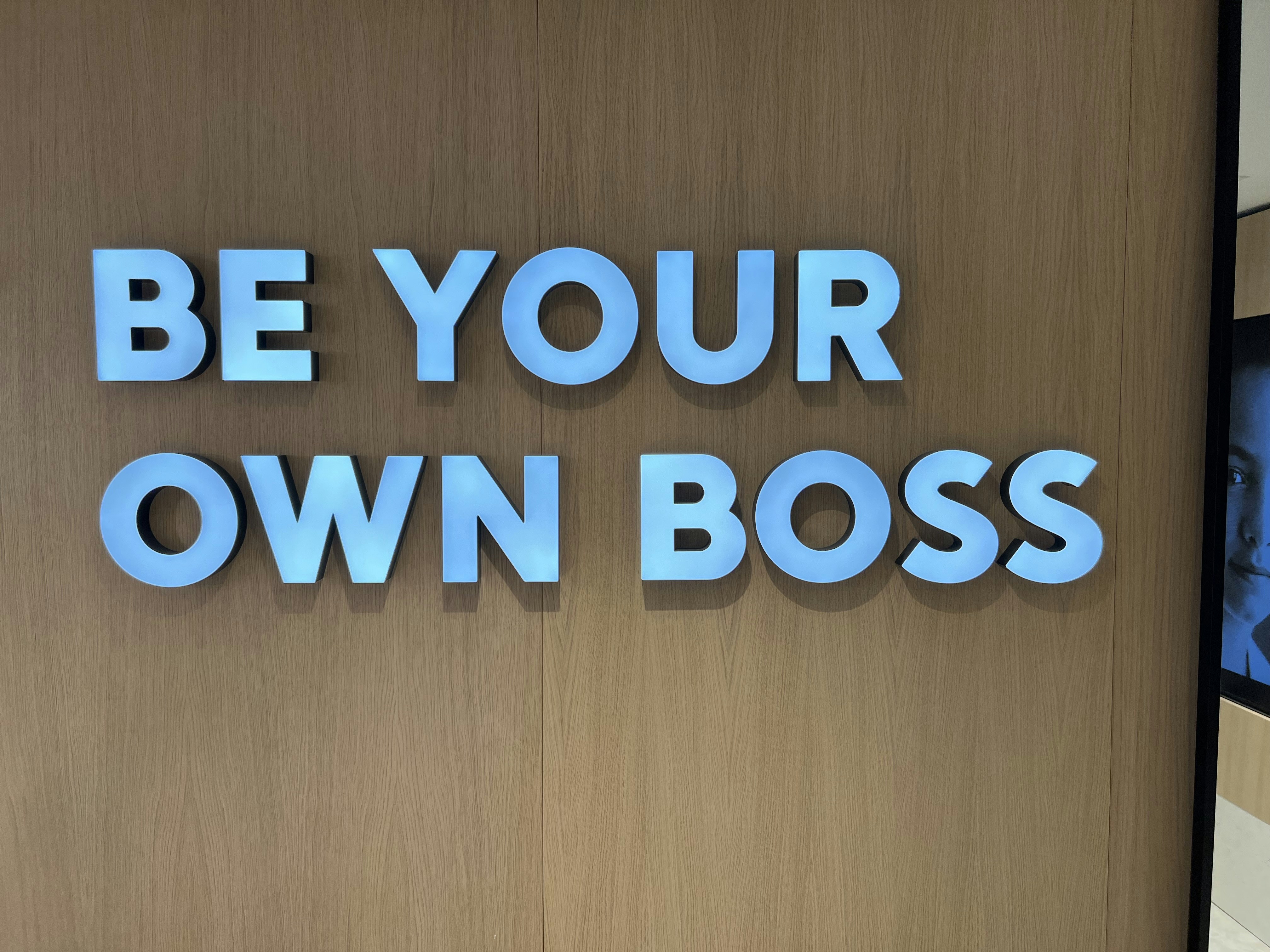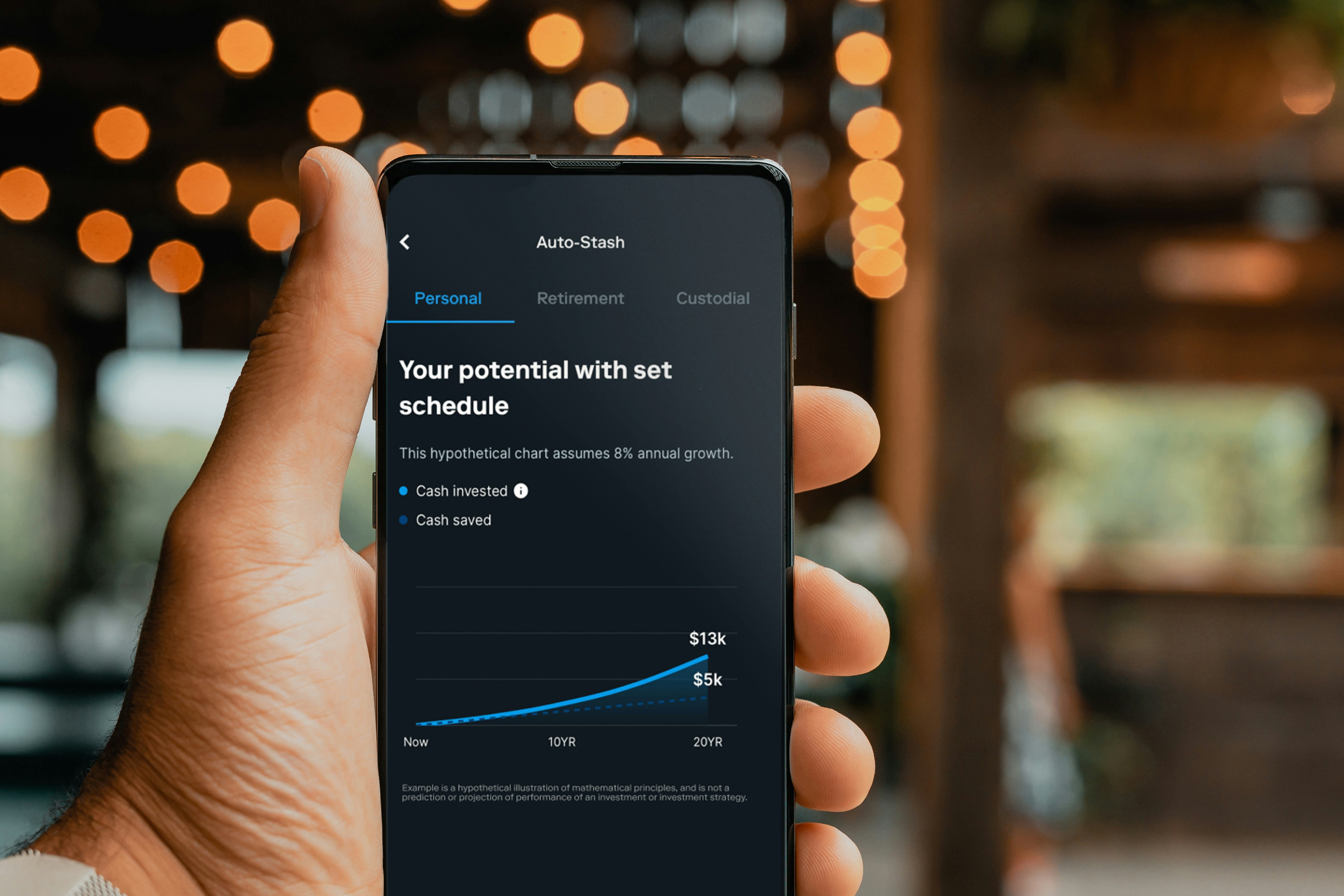Introduction: The Immigrant Experience
The immigrant experience is often marked by a profound transition that dramatically alters the course of an individual’s life. For many, this journey begins with a dream of a better future, but the road ahead is rarely smooth. Immigrants frequently face a multitude of challenges that can significantly impact their financial stability and overall well-being. One of the most pressing issues many newcomers encounter is the struggle to secure stable employment that matches their skills and qualifications.
Language barriers serve as a formidable obstacle, hampering effective communication in various aspects of life, from job interviews to everyday interactions. The inability to speak the dominant language fluently can lead to feelings of isolation and frustration, which in turn can affect one’s confidence and motivation. Moreover, cultural differences often complicate social integration, leaving immigrants feeling detached from their new environment and the support systems available within it.
Additionally, limited financial resources exacerbate the struggles faced by many migrants. Those who arrive with insufficient savings may find themselves in precarious situations, making it challenging to meet even basic needs such as housing, food, and healthcare. Many immigrants are also required to send remittances back to their families in their home countries, further straining their financial capabilities.
Beyond the tangible economic challenges, the emotional and psychological hurdles cannot be overlooked. The stress of adapting to a new culture and the persistent uncertainty regarding one’s future can lead to anxiety and depression. The prospect of achieving financial independence seems daunting, yet it remains a hopeful aspiration that drives many immigrants to persevere. Understanding these complexities can provide valuable insight into the personal narratives that emerge from the immigrant experience, laying a foundation for the inspiring journeys that follow.
The Turning Point: Recognizing My Financial Situation
Every journey to financial independence often begins with a moment of clarity, a turning point that shakes one to their core. For me, this moment arrived when I found myself closely examining my financial reality, a task I had previously avoided due to discomfort and fear. My lifestyle at that time was characterized by constant struggle and uncertainty. Living paycheck to paycheck had become the norm, and the excitement of my initial immigrant experience was drowned out by the weight of financial adversity.
I vividly recall the day I sat down with a notebook, determined to understand my expenses. First, I noted down my fixed costs: rent, utilities, groceries, and transportation. Subsequently, I documented my discretionary spending, which, in an effort to maintain some semblance of normalcy, included dining out and entertainment. The numbers painted a stark picture, revealing a harrowing gap between my income and my expenditures. The realization struck me hard; I was not just budgeting poorly, I was actively sabotaging my future.
Additionally, the pressure to support my family weighed heavily on my shoulders. As the sole breadwinner, each financial misstep felt like a personal failure. There was a profound emotional toll, coupled with the paralyzing fear of not being able to provide for my loved ones. I recognized that this unsustainable financial situation could not continue; it was not merely a matter of managing budgets but also about regaining control over my life. This realization ignited a sense of urgency within me. It became clear that to achieve financial independence, I needed to confront my challenges head-on, rather than allowing financial pressures to dictate my future.
Setting Financial Goals: Dreaming Big
Setting clear and achievable financial goals is a critical step toward achieving financial independence. In my journey as an immigrant, I quickly realized the necessity of having a structured approach to my finances. Establishing both short-term and long-term objectives allowed me to create a roadmap that not only kept me motivated but also ensured I was making steady progress towards my aspirations.
Initially, my short-term goals were more focused on immediate financial stability. I started by saving a specific amount each month, which was imperative due to my limited resources. This savings plan was crucial in building a safety net that would support unexpected expenses and reduce financial anxiety. Tracking my monthly contributions helped me stay accountable while also providing a sense of accomplishment as I watched my savings grow. For me, these small wins were the building blocks of a larger vision. They laid the groundwork for a future where I could be more ambitious in my financial pursuits.
On the other hand, my long-term goals revolved around achieving true financial independence. This entailed not only saving but also investing wisely. I aimed to create multiple streams of income, which involved exploring various investment opportunities ranging from stocks to real estate. This diversification was vital as it ensured that my financial foundation was solid, making it easier to weather any economic storms. Regularly reassessing my goals and making necessary adjustments allowed me to remain committed to my vision of financial security.
In essence, defining both short-term and long-term financial goals has been paramount in my journey. It has taught me the importance of having a vision. This vision serves as a guiding star, motivating me to overcome various challenges along the way, ultimately leading me toward financial independence.
Education and Skill Development: Investing in Myself
Embarking on the journey towards financial independence required a deliberate investment in education and skill development. As a broke immigrant, I quickly understood that acquiring knowledge and honing skills were essential steps to unlocking better job opportunities. My approach to education was multifaceted, involving participation in adult education programs, enrolling in online courses, and engaging in vocational training.
Initially, I sought out adult education programs within my community. These programs provided me with a structured environment to improve my language skills and build a foundational understanding of various subjects relevant to the job market. The courses covered essential topics such as business communication, customer service, and workplace safety. By immersing myself in this learning experience, I not only gained confidence but also equipped myself with valuable competencies that made me more appealing to potential employers.
In parallel, I recognized the potential of online courses as a convenient means to further my education. With access to the internet, I explored platforms offering a wide range of subjects, from technical skills like coding and web development to certifications in project management. The flexibility of these online courses allowed me to learn at my own pace while balancing other responsibilities. This approach not only expanded my skill set but also enabled me to stay current with industry trends.
Additionally, I pursued vocational training that focused on practical skills aligned with in-demand occupations. This hands-on experience was instrumental in enhancing my employability. Programs that offered apprenticeships or internships provided invaluable insights into workplace dynamics and expectations. As I gained experience, I became more adept at navigating the job market, ultimately leading to improved employment prospects.
Through my commitment to lifelong learning, I came to understand that education is not merely a means to an end but a continuous journey. Investing in myself through various educational avenues has been pivotal in my transition from a financially precarious situation to one of stability and independence.
Building a Network: The Power of Community
In the pursuit of financial independence, one cannot underestimate the significance of networking and building relationships within the community. In my journey from being a broke immigrant to attaining a stable financial footing, I have encountered various individuals whose support, wisdom, and connections played a crucial role in facilitating my progress. These interactions extend beyond mere acquaintances; they reflect a deeper bond that fosters personal and professional growth.
One of the most impactful aspects of networking is the access it provides to job prospects. Through participation in community events and local meet-ups, I was fortunate enough to meet mentors who guided me in refining my resume and enhancing my interview skills. One particular mentor, who had himself navigated a similar path, introduced me to potential employers and shared invaluable insights about industry trends. This connection was instrumental in securing my first professional opportunity, significantly changing the trajectory of my financial journey.
Additionally, my network has offered emotional support during challenging times. Immigrating to a new country can be isolating, and having friends who understand this experience made a substantial difference. We formed a support group where we would share our challenges, celebrate each other’s successes, and provide motivation in moments of doubt. This sense of belonging and unity cultivated a positive environment that propelled us all toward our individual goals.
Furthermore, engaging with online communities through forums and social media platforms has broadened my network. Here, I connected with individuals from diverse backgrounds who share similar aspirations. Each interaction enriched my understanding and opened new pathways to resources that I had not previously considered. Cultivating these relationships has solidified my belief in the power of community, demonstrating that while personal effort is essential, the connections we build can often serve as a catalyst for success.
Creating Multiple Income Streams: Diversifying My Earnings
In my journey from being a broke immigrant to achieving financial independence, one of the most transformative strategies I employed was the creation of multiple income streams. Recognizing the limitations of relying solely on my primary job, I set out to diversify my earnings through various avenues. This approach not only provided me with a safety net during economic fluctuations but also accelerated my path to financial stability.
Initially, I explored several side jobs that aligned with my skills and interests. Freelancing emerged as a viable option, allowing me to utilize my expertise in writing and graphic design, enabling me to earn extra income in my spare time. Platforms such as Upwork and Fiverr facilitated connections with clients, providing a steady stream of projects that contributed to my financial goals. Additionally, I leveraged my passion for teaching by offering online tutoring sessions, which further expanded my income portfolio.
Beyond traditional gigs, I ventured into entrepreneurship. Identifying gaps in the market, I launched a small e-commerce business selling handmade crafts. This endeavor not only garnered additional income but also nurtured my skills in product development, marketing, and customer service. The experience taught me invaluable lessons about business operations and enhanced my confidence in managing multiple revenue sources.
Moreover, I committed to principles of passive income, focusing on earning money with minimal ongoing effort. This included investing in dividend-paying stocks and real estate. By actively researching investment opportunities, I devised a strategy that allowed me to build wealth over time while ensuring my monthly expenses were covered. The combination of active and passive income sources has proven essential in achieving financial resilience and independence.
Mindset Shift: Overcoming Fear and Self-Doubt
Throughout my transformative journey from a broke immigrant to achieving financial independence, I encountered significant psychological barriers, particularly fear of failure and self-doubt. These emotions, which are common among many individuals, can be relentless and debilitating, often preventing action and the pursuit of opportunities. However, it was essential for me to acknowledge these feelings and work towards overcoming them. The first step involved reframing my perspective on failure. Instead of seeing failures as definitive setbacks, I began to view them as valuable learning experiences. This shift allowed me to transform my fear into a motivator for growth and development.
Self-doubt, on the other hand, often stemmed from comparing my progress to others. I realized that everyone’s path to success varies significantly, influenced by individual circumstances, resources, and timelines. To combat this negativity, I established a robust support system, consisting of mentors, fellow immigrants, and peers who shared similar aspirations. This community not only became a source of encouragement but also offered invaluable insights based on their unique journeys. Surrounding myself with positivity helped to mitigate the effects of self-doubt and cultivated a mindset geared towards resilience.
Embracing opportunities, even when they felt daunting, became a pivotal practice in my journey. I learned to assess risks methodically, weighing potential downsides against potential gains. By adopting a proactive mindset, I was able to seize opportunities that were previously overshadowed by my fears. Each step I took, no matter how small, reinforced my confidence, gradually diminishing the grip of fear and self-doubt. It is this sustained mindset shift that ultimately enabled me to navigate my financial journey with greater assurance and determination.
Financial Literacy: Mastering the Basics
Financial literacy is a vital skill that played a transformative role in my journey from being a broke immigrant to achieving financial independence. Understanding the fundamentals of finance—such as budgeting, saving, investing, and debt management—equipped me with the necessary tools to make informed decisions and navigate the complex world of personal finance.
Initially, I sought resources that would guide me in building a solid foundation in financial principles. Books, online courses, and webinars became indispensable in my quest for knowledge. Notable resources included “The Total Money Makeover” by Dave Ramsey, which offered practical advice on budgeting and debt elimination, as well as various reputable online platforms that provided free educational content. Engaging with these resources allowed me to gain insights into different aspects of money management and financial planning.
Budgeting was the first area I focused on, as it serves as the cornerstone of financial health. Utilizing budgeting apps helped me track my income and expenses in real-time, ensuring I allocated funds appropriately for essential needs while setting aside money for savings. This practice established a mindful approach to spending, which was crucial in preventing the pitfalls of financial strain.
Saving and investing were equally critical in my pursuit of financial independence. I learned the importance of having an emergency fund, as this safety net provided security during unexpected challenges. Additionally, I took the time to familiarize myself with various investment vehicles, such as stocks, bonds, and mutual funds. Understanding how to grow wealth through investments significantly changed my perspective on long-term financial planning.
Finally, I mastered debt management tactics, including prioritizing high-interest debts and utilizing strategies like the snowball method. This holistic understanding of financial literacy empowered me to take control of my financial future and laid the groundwork for sustainable wealth creation.
Celebrating Milestones: The Journey Is Just As Important
Milestones play a crucial role in the journey towards financial independence, serving as benchmarks that mark significant achievements along the way. Acknowledging these milestones, whether large or small, can contribute to a positive mindset and reinforce the motivation necessary to progress further. Each step taken towards financial stability reflects hard-earned efforts, and recognizing these accomplishments can make the journey feel more rewarding.
For me, the journey to financial independence began with the simple act of creating a budget. The first time I successfully tracked my spending and adhered to my financial plan represented a major milestone. This seemingly small achievement established a foundation upon which I could build more substantial financial strategies. Over time, as I progressively paid off debts or saved for future investments, each milestone provided an opportunity for celebration, fueling my ambition to continue striving for greater financial stability.
Celebrating achievements also serves as a reminder of the growth experienced throughout the journey. By reflecting on past challenges and the hard work required to overcome them, one can appreciate the progress made and foster resilience. Sharing these milestones with others adds another layer of significance, as it can inspire and motivate those around you. Each shared success story helps to demystify the path to financial independence, encouraging a community of support and shared aspirations.
Furthermore, taking time to celebrate achievements fosters a positive view of the journey itself. It allows individuals to recognize that while the ultimate goal of financial independence is essential, the steps taken along the way are equally important. Celebrating milestones emphasizes the journey’s value, ultimately contributing to sustained dedication and commitment to future goals. By valuing every achievement, we not only acknowledge our progress but also inspire ourselves and others to continue on the path towards financial freedom.
Conclusion: Inspiring Others to Take Action
Reflecting on my journey from being a broke immigrant to achieving financial independence, several key lessons emerge that I believe can serve as a roadmap for others who aspire to improve their financial situation. Firstly, perseverance stands paramount. The path to financial stability is often fraught with challenges, yet it is essential to remain committed to one’s goals. There were numerous instances where I wanted to give up, but the desire for a stable future motivated me to push through obstacles. Each setback was a lesson, propelling me closer to my target of financial independence.
Another significant aspect of my journey was the importance of education. Understanding financial concepts, such as budgeting, investing, and debt management, was crucial to my success. I made it a point to read books, attend workshops, and seek online resources that equipped me with the knowledge necessary to make informed choices. Education doesn’t just encompass formal schooling; it also includes learning from experiences, both personal and those of others. Embracing a mindset of continuous learning allowed me to adapt my strategies as needed, ensuring that I was always moving forward.
Finally, I cannot underestimate the impact of community support. Surrounding myself with like-minded individuals who shared similar financial goals made a substantial difference. Networking with others provided not only motivation but also practical advice and accountability. Whether it was through local organizations, online support groups, or mentorship, engaging with a community created an environment where success was celebrated, and challenges were shared.
Therefore, I urge readers to take actionable steps toward their financial goals. By embracing perseverance, prioritizing education, and seeking community support, anyone can navigate their way toward financial independence. The journey is challenging, but it is also immensely rewarding. Together, we can inspire positive change in our lives and the lives of others.


